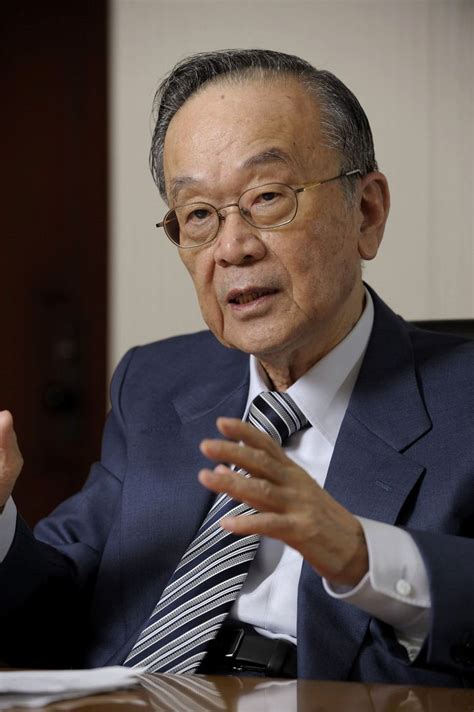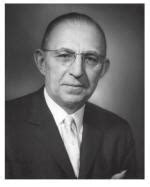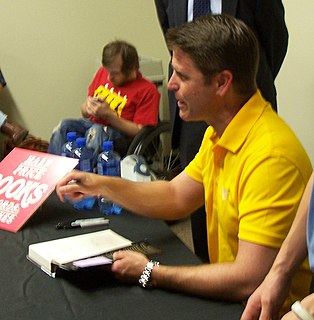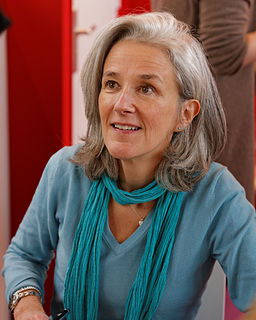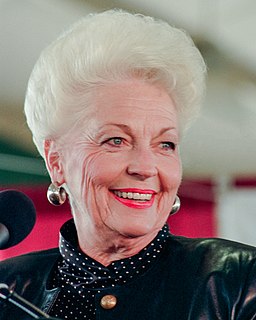A Quote by Jonathan Safran Foer
I looked at everyone and wondered where they came from, and who they missed, and what they were sorry for.
Related Quotes
You looked at them and wondered why they were so ugly; you looked closely and could not find the source. Then you realized that it came from conviction, their conviction. It was as though some mysterious all-knowing master had given each one a cloak of ugliness to wear, and they had each accepted it without question.
I wanted to say sorry, I wanted to tell her I could not forget the roundup, the camp, Michel's death, and the direct train to Auschwitz that had taken her parents away forever. Sorry for what? he had retaliated, why should I, an American, feel sorry, hadn't my fellow countrymen freed France in June 1944? I had nothing to be sorry for, he laughed. I had looked at him straight in the eyes. Sorry for not knowing. Sorry for being forty-five years old and not knowing.
She thought she would know when it happened. But now, as she looked around, she wondered if it was really like that at all. Maybe it happened in a million different ways, when you were thinking of it and you weren't. Maybe there was no gap, no jump, no chasm. You didn't forget yourself all at once. Maybe you just looked around one time or another and you thought, Hey. And there you were.
The people of those foreign countries are very, very ignorant. They looked curiously at the costumes we had brought from the wilds of America. They observed that we talked loudly at table sometimes. They noticed that we looked out for expenses and got what we conveniently could out of a franc, and wondered where in the mischief we came from. In Paris they just simply opened their eyes and stared when we spoke to them in French! We never did succeed in making those idiots understand their own language.
I'm really glad that our young people missed the Depression and missed the great big war. But I do regret that they missed the leaders that I knew, leaders who told us when things were tough and that we'd have to sacrifice, and that these difficulties might last awhile. They didn't tell us things were hard for us because we were different, or isolated, or special interests. They brought us together and they gave us a sense of national purpose.


